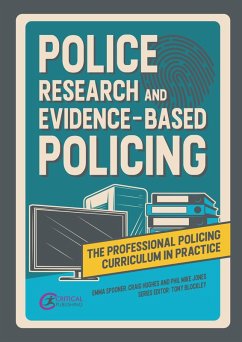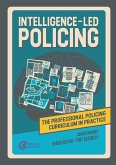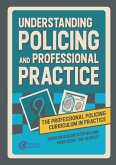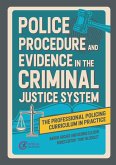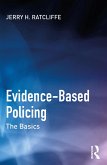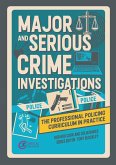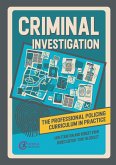Evidence-based policing is a core part of the National Policing Curriculum but policing students and new officers often feel daunted by the prospect of understanding research and how to use it to inform decision making in practice. This text helps readers develop a sound understanding of evidence-based practice in policing and contextualises the research process by explaining how it supports practice within the workplace. It clearly relates research to the investigative process, combining academic theory and operational understanding using relevant case studies and scenarios, and identifies the main approaches employed. It explores how evidence from research can be used to inform and develop critical arguments central to policing practice and signposts students to key sources of information.
The Professional Policing Curriculum in Practice is a new series of books that match the requirements of the new pre-join policing qualifications. The texts reflect modern policing, are up-to-date and relevant, and grounded in practice. They reflect the challenges faced by new students, linking theory to real-life operational practice, while addressing critical thinking and other academic skills needed for degree-level study.
The Professional Policing Curriculum in Practice is a new series of books that match the requirements of the new pre-join policing qualifications. The texts reflect modern policing, are up-to-date and relevant, and grounded in practice. They reflect the challenges faced by new students, linking theory to real-life operational practice, while addressing critical thinking and other academic skills needed for degree-level study.
Dieser Download kann aus rechtlichen Gründen nur mit Rechnungsadresse in A, D ausgeliefert werden.

